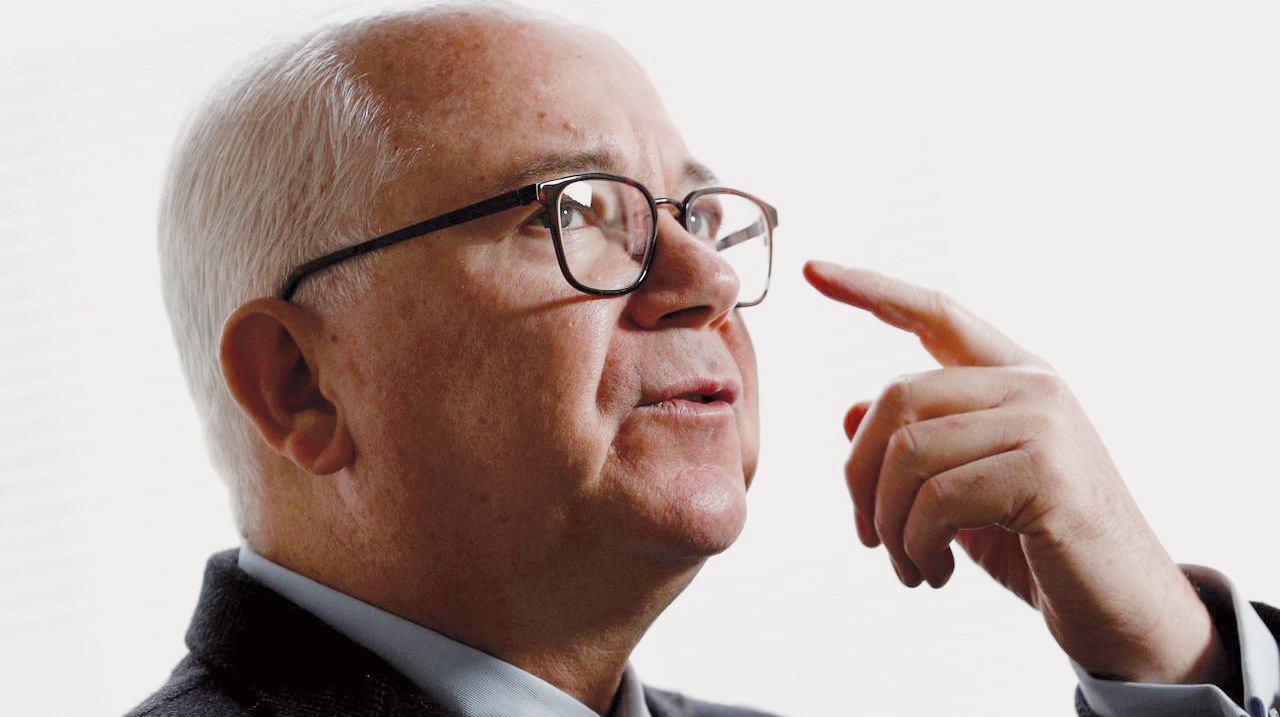

SINGAPORE: Venezuelan state company PDVSA is letting some joint venture partners take over the day-to-day operation of oilfields as its own capacity dwindles due to sanctions and a lack of cash and staff, according to a former oil minister, an opposition lawmaker and industry sources.
Crude production by PDVSA and its joint ventures has fallen to about a third of its peak 20 years ago. The steepest fall has occurred since military officials with no oil industry experience took over PDVSA’s management in late 2017 and Washington imposed sanctions on the state-run company in early 2019 in a bid to oust socialist President Nicolas Maduro.
Maduro’s government and the opposition last year discussed allowing partners in PDVSA-led joint ventures to operate the oilfields, which would reverse a legal requirement that PDVSA control the operations.
That could give Maduro more breathing room by encouraging fresh investment in PDVSA’s operations, potentially boosting oil revenues. However, it would be controversial after late President Hugo Chavez, an iconic figure to many Venezuelans, made nationalisation a flagship policy.
Rafael Ramirez, a former oil minister and PDVSA president who left office after clashing with Maduro in 2014, said the company had already effectively handed control to joint venture partners even though an agreement had not yet been formally reached.
Ramirez, an adviser to some international energy firms that have recently worked in Venezuela, said PDVSA had been reduced to little more than an administrator of contracts with oil companies.
“PDVSA is no longer producing. It’s signing contracts for others to produce in a de facto privatisation,” Ramirez said during an interview at a location he requested not be disclosed.
Ramirez named Russia’s Rosneft and China’s CNPC among the companies helping to keep PDVSA alive by operating joint oilfields or injecting cash to the state company by buying larger stakes in some ventures. CNPC and Rosneft did not respond to requests for comment. PDVSA and the Information Ministry, which handles media requests for Maduro’s government, did not respond to Reuters questions.
Luis Stefanelli, an opposition lawmaker and member of Congress’ energy commission, said the government and PDVSA have been using formulas originally proposed by the opposition to allow private partners to take more responsibilities in joint ventures, but in an illegal way.
Jose Ignacio Hernandez, an overseas legal representative appointed by Congress’ head, Juan Guaido, backed up the comment.
“Under the Hydrocarbon Law, every agreement for PDVSA to cede exploration and production rights is illegal and unconstitutional. Maduro’s regime is insisting in the oil industry’s de-facto privatisation, which is aggravating its collapse,” he said over Twitter.
Company executives, business partners and union leaders consulted by Reuters, who asked to remain anonymous for fear of retaliation, also said minority partners in some joint ventures progressively took more roles in 2019, including financing, trading, procurement and shipping. — Reuters
Oman Observer is now on the WhatsApp channel. Click here



